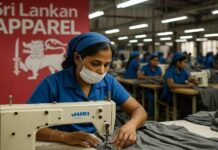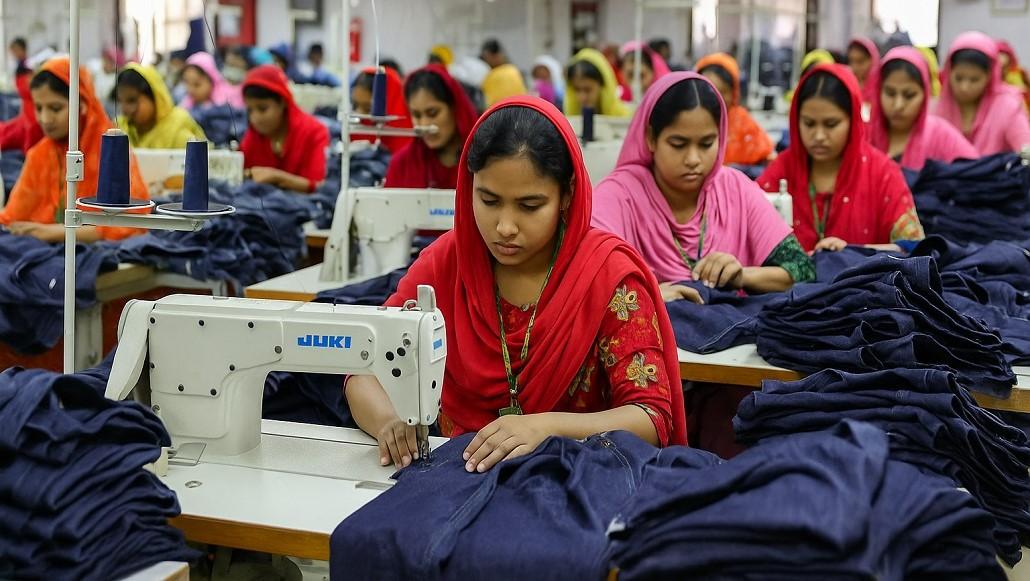In a significant move poised to provide considerable relief to Bangladesh’s export-driven garment sector, U.S. President Donald Trump has announced a major decrease in tariffs on goods from Bangladesh. Following a final series of intense negotiations in Washington, the new tariff rate has been reduced to 20%, down from the previous 35%.
This reduction is being hailed as a major diplomatic achievement for Bangladesh. Chief Advisor Muhammad Yunus applauded the efforts of the country’s negotiating team, describing the trade agreement as a “landmark” arrangement and a “decisive diplomatic victory.”
Yunus commented, “By reducing the tariff to 20%, 17 points lower than anticipated, our negotiators have demonstrated remarkable strategic skill and unwavering commitment to safeguarding and advancing Bangladesh’s economic interests.”
For Bangladesh’s apparel exporters—particularly those heavily reliant on the U.S. market for their growth—the lowered tariff rate is a welcome change. Reports indicate that over 250 Bangladeshi garment factories had been facing immense pressure due to the looming threat of a significantly damaging 35% tariff increase, which could have disrupted operations, potentially leading to factory closures and job losses.
These factories are particularly vulnerable, with a substantial portion of their exports destined for the U.S., as indicated by data from the Bangladesh Garment Manufacturers and Exporters Association (BGMEA). In addition to the 250 factories directly impacted, another 1,000 were also anticipated to face significant pressure, with dependency on the U.S. market fluctuating between 1% and 60%.
Data from the garment trade body revealed that 1,322 BGMEA-member factories export to the U.S. Among them, 822 factories send up to 20% of their total production to the U.S. market. Furthermore, 176 factories export between 21% and 40%, while 87 ship out between 41% and 60%. Additionally, 91 factories have between 61% and 80% of their products designated for the U.S., while 46 rely on the U.S. market for 81% to 90% of their exports. Notably, 100 factories depend entirely on the American market for 91% to 100% of their output.
The U.S. is Bangladesh’s largest export market, accounting for nearly $9 billion in annual exports—over $7 billion of which consists of ready-made garments, a crucial part of Bangladesh’s economy. Factories associated with the Bangladesh Knitwear Manufacturers and Exporters Association (BKMEA) also enjoy strong trade relationships with U.S. buyers.
Experts had previously warned of dire consequences had the tariff rate remained elevated. They expressed concern that high tariffs could lead Bangladeshi exporters to shift focus away from the U.S. market and indicated that such a shift would intensify competition in other global markets, potentially resulting in permanent factory shutdowns.
In this context, the new tariff structure comes as a crucial relief for Bangladeshi manufacturers significantly reliant on the U.S. market, providing them with renewed hope for stability and growth.

































